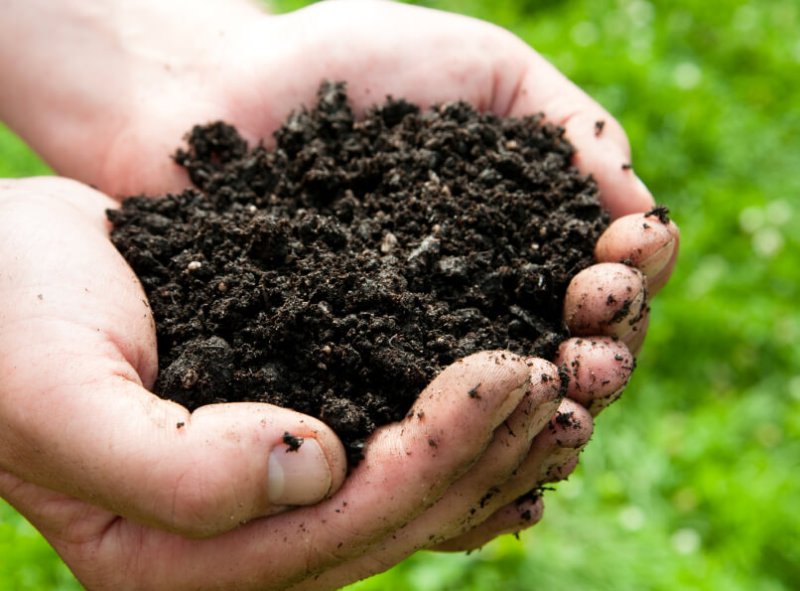Scientists at the University of North Carolina at Chapel Hill have pinpointed a key genetic switch that helps soil bacteria living on and inside a plant’s roots harvest a vital nutrient with limited global supply. The nutrient, phosphate, makes it to the plant’s roots, helping the plant increase its yield.
The work, published in the March 15 issue of Nature, raises the possibility of probiotic, microbe treatments for plants to increase their efficient use of phosphate. The form of phosphate plants can use is in danger of reaching its peak – when supply fails to keep up with demand – in just 30 years, potentially decreasing the rate of crop yield as the world population continues to climb and global warming stresses crop yields, which could have damaging effects on the global food supply.
“We show precisely how a key ‘switch protein’, PHR1, controls the response to low levels of phosphate, a big stress for the plant, and also controls the plant immune system,” said [co-author] Jeff Dangl….
[Read the full study here (behind paywall)]
The GLP aggregated and excerpted this blog/article to reflect the diversity of news, opinion, and analysis. Read full, original post: UNC-Chapel Hill researchers make discovery that could increase plant yield in wake of looming phosphate shortage
For more background on the Genetic Literacy Project, read GLP on Wikipedia































